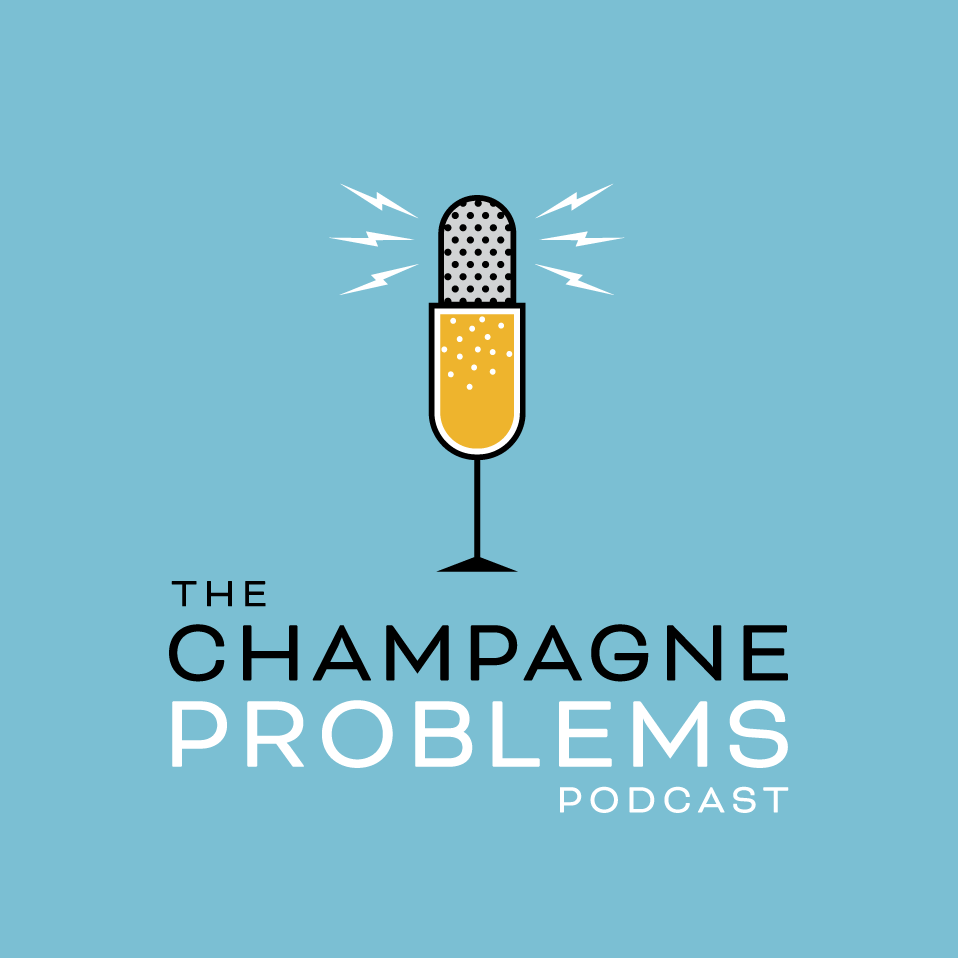New Year, New You: How to Have a Healthy Relationship With Alcohol in 2023
No relationship in our lives stays the same—not the one with ourselves, our significant other, our parents or friends. The same is true for alcohol.
If it’s time to reevaluate your relationship with alcohol, the New Year is a great opportunity. Maybe you’re feeling bloated and fatigued after overindulging this holiday, or you gave in to pressure to drink and are now feeling disappointed that you went back on your limits.
It’s never too late to take a second look at your relationship with drinking, which is why we’ve created our New Year, New You guide for how to have a healthy relationship with alcohol in 2023.
A Healthy vs. Unhealthy Relationship With Alcohol
First, it’s important to know the difference between a healthy and unhealthy relationship with alcohol.
An unhealthy relationship with alcohol might look like:
Drinking when you said you wouldn’t (or drinking more)
Drinking and driving
Your work or personal relationships have suffered because of your drinking
You don’t remember what you did while drinking or feel embarrassed about what happened after drinking
You try to hide your drinking from others
This list isn’t exhaustive, as every person’s relationship with alcohol is different. If you don’t feel good about your relationship with alcohol, it can be considered unhealthy.
On the other hand, a healthy relationship with alcohol might look like:
Setting a limit for how many drinks you’ll have and sticking to it
Never drinking and driving
Saying no to alcohol when you don’t want to drink
Occasional drinking rather than daily drinking or weekend binges
Not using alcohol to cope with negative feelings or stressful situations
Set Boundaries to Establish That Healthy Relationship
Any healthy relationship has boundaries. Establishing boundaries around drinking does not mean you are an alcoholic. It simply means you know what you want and are willing to create a healthy and balanced life for yourself by setting limits.
Boundaries around alcohol can mean setting a limit for when you will drink, how many and what types of drinks you’ll have, and even establishing situations where you will not drink, such as when the kids are around or before a stressful event.
Having these boundaries can encourage a healthier relationship with alcohol and help you feel good about drinking rather than having regrets later.
Don’t Make Alcohol the Focus of Events
Virtually any celebratory event can be centered around alcohol, including birthday parties, weddings, summer barbeques, and office get-togethers. However, while people may try to make alcohol the focus of these occasions, you don’t have to.
Having a healthy relationship with alcohol means saying no when you don’t want to drink. You can drink if you want to—keeping your boundaries in mind—or say no and have alternatives available.
You can drink water, soda, sparkling water, juice, or anything besides alcohol. By not having alcohol as the focus, you make these events less about drinking and more about celebrating—and have a better relationship with alcohol in the process.
Stay Focused on Your Why (While Being Aware of Triggers)
If you have goals when creating a healthy relationship with alcohol, such as losing weight, saving money, or being healthier, stay focused on these in the New Year.
Write them on a vision board, keep a list on your phone, or hang a note on the fridge. Staying focused on your “why” when changing your drinking habits can help you stick to your boundaries and establish that healthy relationship.
Knowing your triggers can also help you reassess your relationship with alcohol. Triggers can include social events, stressful situations, upsetting conversations, remembering a traumatic event, or even certain people or places.
Realizing and acknowledging when you feel triggered can help you understand when you feel the urge to drink so you can redirect yourself to a healthier coping mechanism or practice, such as taking a deep breath, drinking a glass of water, going for a walk, or calling a friend.
What Are Your Goals for 2023?
Remember, having a healthy relationship with alcohol doesn’t always mean not drinking at all—it means being comfortable with when, where, what, and how much you choose to drink. Do your New Year’s Resolutions for 2023 involve creating a healthier relationship with alcohol? If so, you’re in good company!
